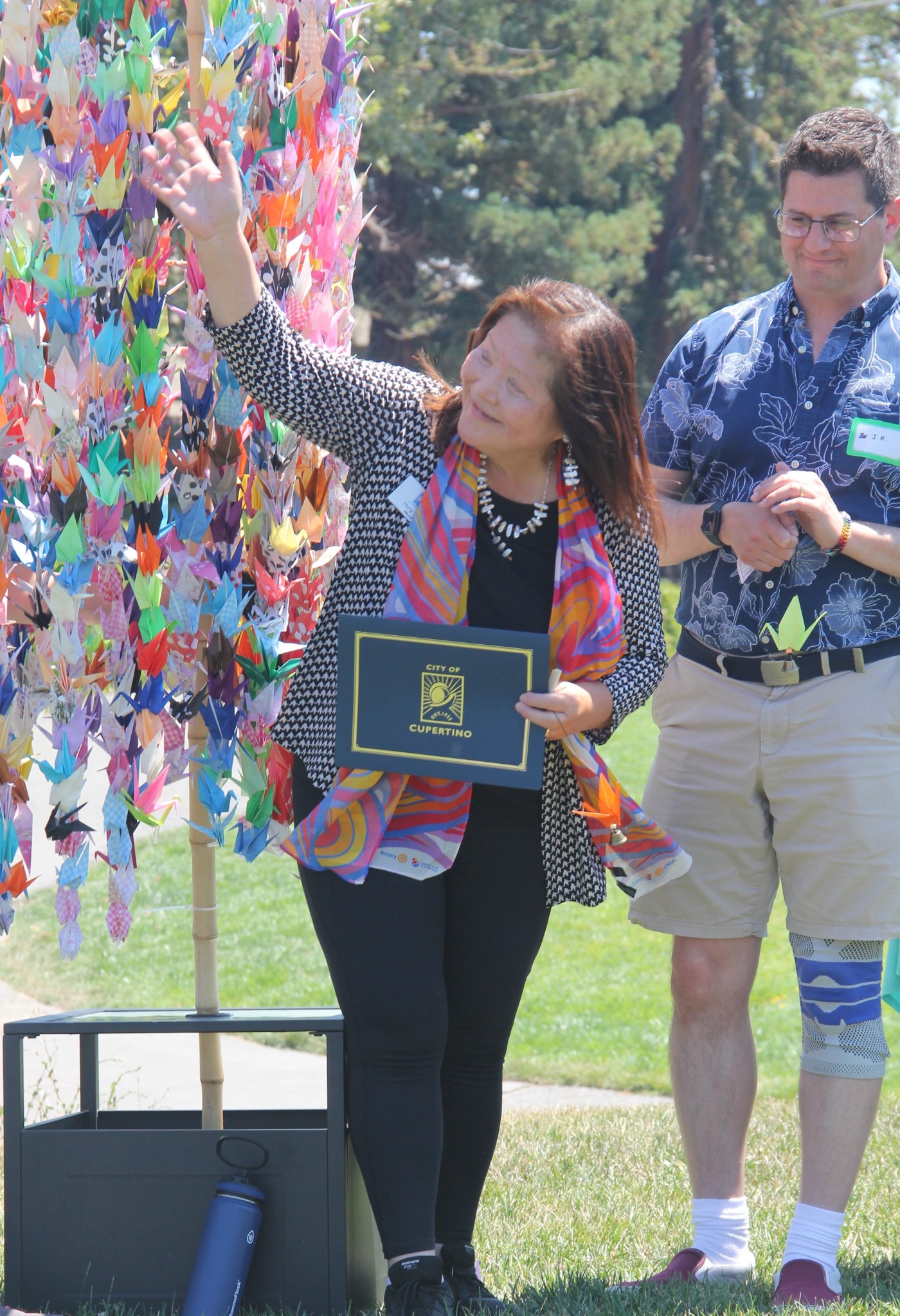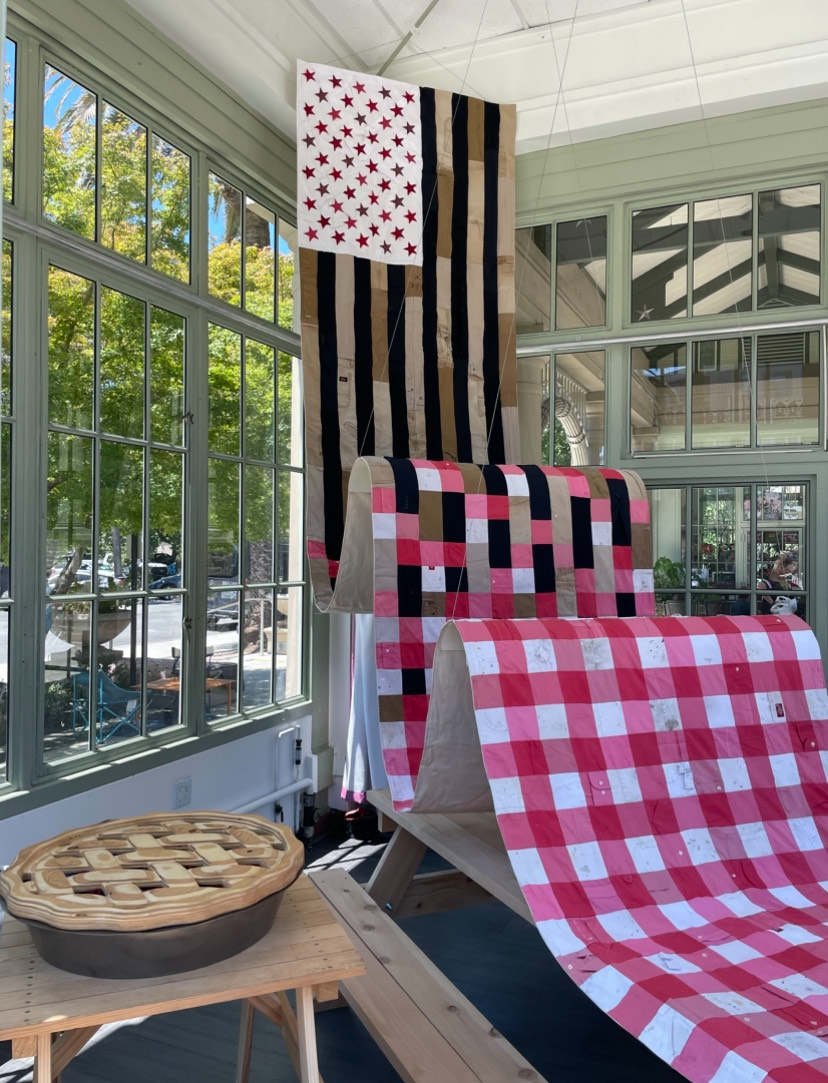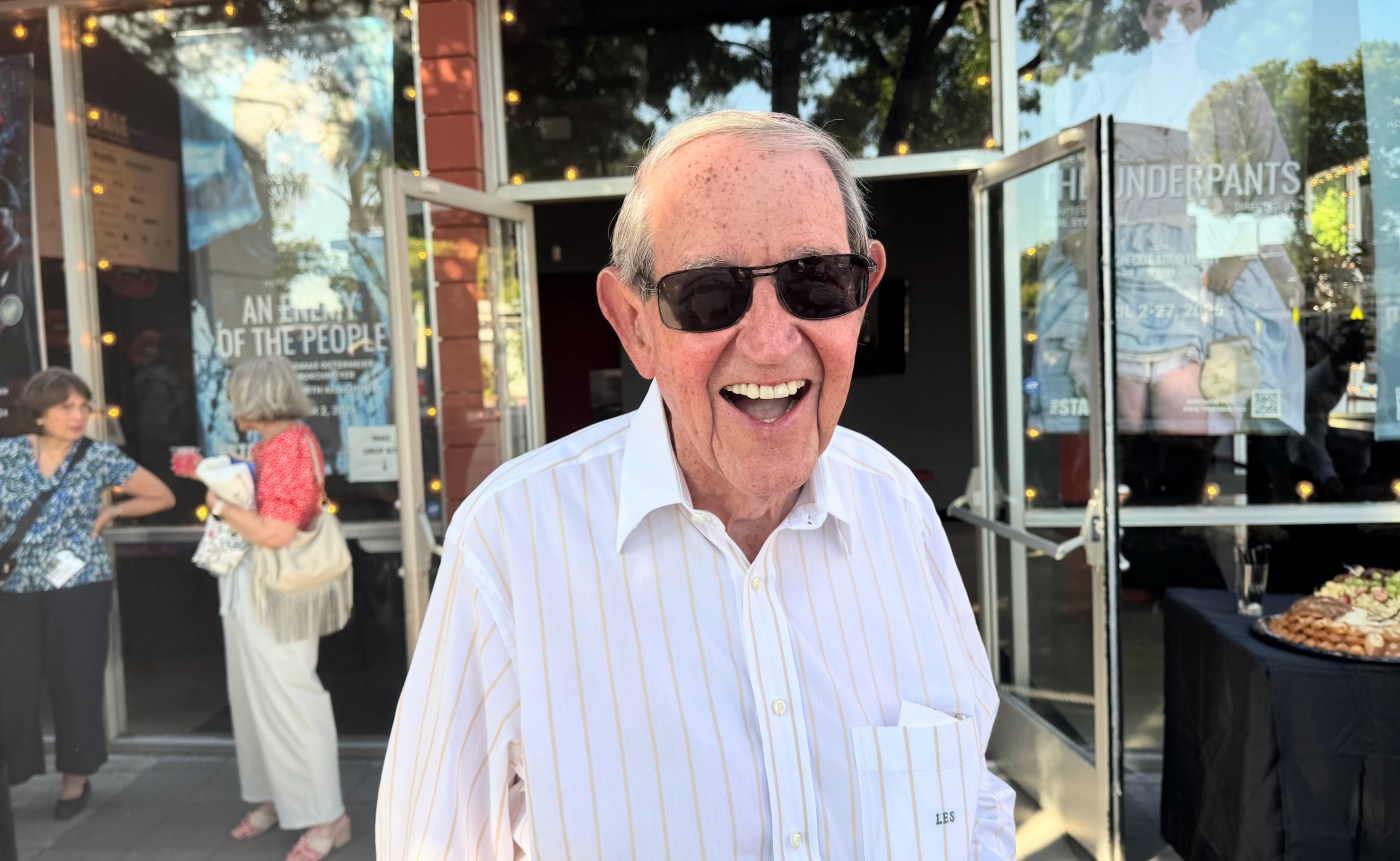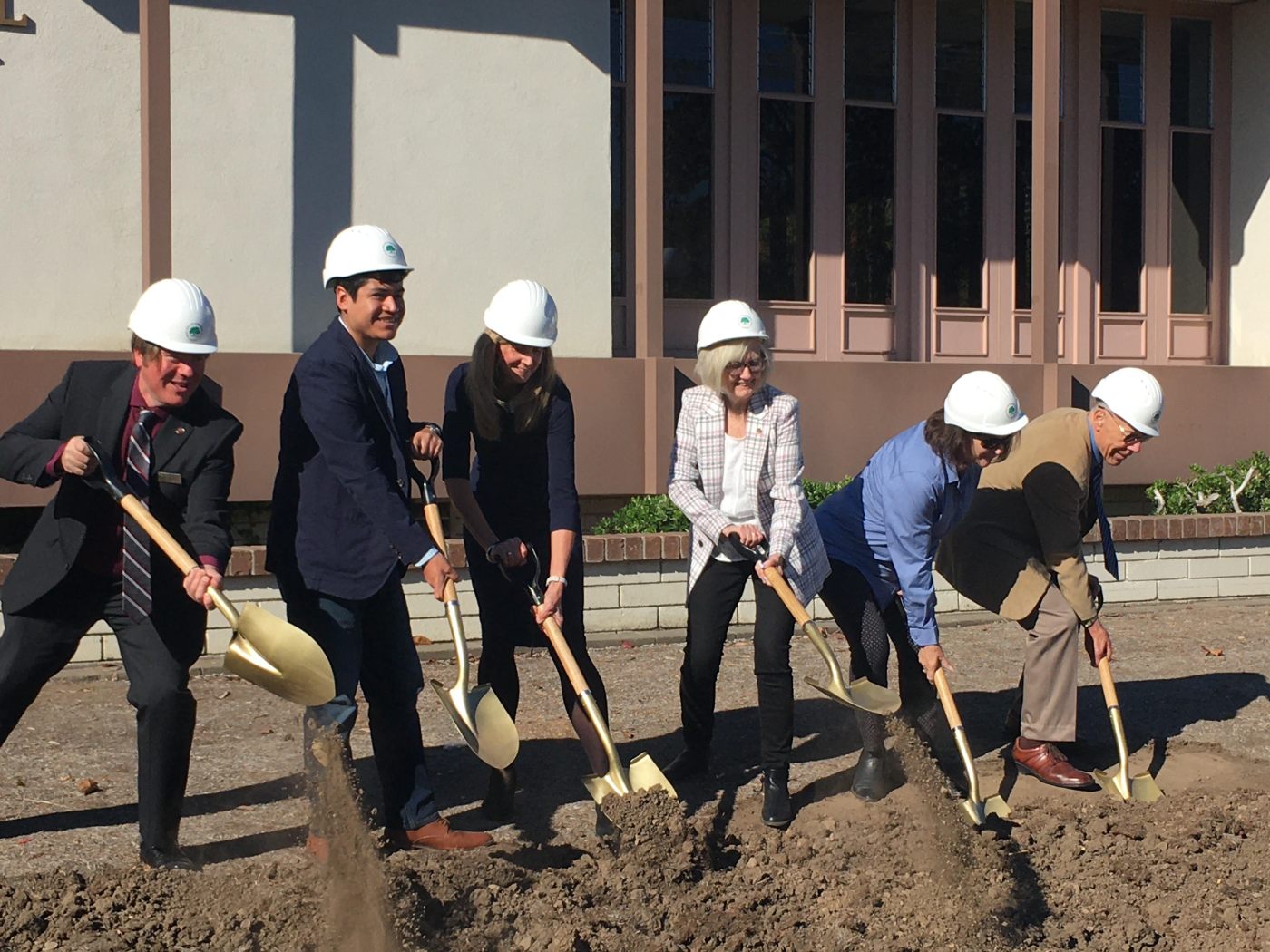End of Life Act prescriptions and deaths (California Department of Public Health)
California saw a 6.5% increase in the number of folks using its medical aid in dying law between 2023 and 2024. Still, the option sometimes referred to as MAID remains dramatically underutilized here compared to how much it’s used in other nations with similar laws.
Canada, for example, is our population twin, with 40 million people. But during a time span when 1,032 Californians chose to end their lives with MAID, more than 15,000 Canadians did the same.
California’s low assisted-suicide rate isn’t just a reflection of popular will. California’s medical community, for example, clearly remains squeamish about MAID. Of the 150,000 or so licensed doctors in the Golden State, only 346 wrote prescriptions for aid-in-dying drugs.
Related Articles
Cuts to food benefits stand in the way of RFK Jr.’s goals for a healthier national diet
Bloomberg: RFK Jr. is making America sick again. Republicans need a cure.
Planned Parenthood to close five Northern California clinics, including in San Mateo and Gilroy
Kaiser Permanente to stop gender-affirming surgeries for patients under 19
Stanford, UCSF launch cancer research and care collaboration
And that’s an increase of 9 — count ’em, 9! — docs from the year before, when only 337 wrote MAID prescriptions. (The most common prescription remained a combination of a cardiotonic, opioid and sedative drugs.)
The California Department of Public Health released its most recent data on what’s officially known as the End of Life Act this month, and the interesting gap between the larger number of prescriptions written, and the smaller number of folks who actually use those prescriptions, continues.
One-third of MAID prescriptions sit on nightstands, serving as little more than peace-of-mind for the ill people who requested them. NYU bioethicist Arthur Caplan has characterized this persistent gap as a parachute that lets people live out their final days in peace, serving, in a weird way, as its own kind of suicide prevention.
Why are we so squeamish? Why is utilization so low? Some experts suggest end-of-life conversations between doctors and patients in California don’t often include discussion of MAID. Some health systems refuse to offer it on religious grounds. Folks remain largely unaware that it’s an option if they have a terminal diagnosis and six months or less to live, while folks who are aware can find it difficult to find a doctor to help them.
Those who used MAID in 2024 remained overwhelming White (86.7%) and had at least some college education (75.2%).
What ailed them? The majority had cancer (60%), followed by cardiovascular disease (13.8%), neurological disease (10.3%), respiratory diseases (6.2%) and other diseases (9.8%).
Their median age was 78, but nearly 1 in 5 was 90 or older (18.2%).
Almost all of them were already on hospice and/or palliative care (94.8%), and most died in the comfort of a home (85.3%).
While opponents of MAID offered several dark predictions — of coerced deaths; of insurers denying patients expensive, life-saving treatments; of coercion by rapacious family members eager to get their hands on an inheritance — those forecasts haven’t come true. In 2024, MAID deaths represented just 0.364% of all the deaths (283,824) in California.
Total End of Life Act deaths between 2016 and 2024 (California Department of Public Health)
Grand totals since the law took effect in 2016 and the end of last year: 8,242 people got prescriptions and 5,423 people ingested the medications and died.
Now, after we’ve written about this topic previously, we’ve heard from a lot of folks who dearly want options at the end. We’ve also heard from a few who’ve been unnerved by our “continuing push to normalize assisted suicide,” as one reader put it.
Patty Barnett Mouton, a vice president at Alzheimer’s Orange County, had worked to defeat the End of Life Option Act a decade ago. She found our personal hope — that, if we’re diagnosed with dementia, Alzheimer’s or another slow-killing, long-suffering sort of disease, we’ll have the option to die with dignity before our memory is completely destroyed, and before our loved ones have to endure the agony of watching us cognitively, but not physically, disappear — unnerving.
“I am participating in community education projects which explain the dangers of this type of option, especially for those whose continued care might be considered too burdensome or expensive,” Barnett Mouton told us in a Facebook exchange. “Based on my education and professional experience, I believe the potential for abuse of this care option would put many vulnerable people at grave risk. Too many people will feel as though they have a duty to die before becoming inconvenient or expensive…. Most people do not understand how effective good palliative and hospice care is at identifying and treating all types of suffering. It is unconscionable that anyone, especially in Orange County, experience the intractable pain described by proponents of this option.”
Folks should have explicit conversations with their loved ones about all this issue long before any illness or incapacity takes hold, she said. What kind of interventions do they want, and under which circumstances? CPR? Ventilator? Artificial nutrition and/or hydration? Palliative sedation?
“We do well to discuss the scenarios which would require important decisions in care well before the needs arise,” she said. “I do not believe prolonging life, essentially prolonging death, by extraordinary measures which will not change the inevitable outcome, is appropriate, unless the PATIENT truly wishes that all these measures be exhausted. I also believe that the time surrounding end of life offers many opportunities for love to flourish and be manifested in the caring experiences unique to the situation. Spiritual and emotional epiphanies can be a treasured part of serious and terminal illness.”
We’re in total agreement there.
But here we differ:
“Dismissing people with end stage dementia as you have is not only irresponsible, but heartbreakingly insensitive,” she said. “Even in the depths of end stage dementia, the experience of life holds value….Your dismissal of the value of the lives impacted by dementia is disturbing and lacks insight into the opportunities for expression of love and opportunities for rapprochement in families via the loving moments that can be shared as life ends. Make no mistake, care of a loved one with dementia can be grueling at best, but love is often a test of the human spirit. I hope you will consider my informed perspective and revisit your limited understanding of how important the natural end of life journey can and should be.”
We do appreciate this expertise, and even the scolding. But let’s make one thing quite clear: We are absolutely not saying “kill dementia and Alzheimer’s patients, their lives have no value!” We’re saying that if WE — i.e., me, myself and I, this scribe, yours truly — develop one of these deadly and debilitating conditions, we want to be able to choose our own ending. When we’re of sound mind and body. We’ve heard from many, many people who feel the same way.
Canada, the Netherlands, Belgium and Luxembourg already make MAID available to people with “grievous and irremediable medical conditions,” not just those with a terminal diagnosis and fewer than six months to live. It’s not perfect. Guardrails really are vital. A terminal diagnosis seems a reasonable requirement, though we fear the hard six-month prognosis window doesn’t leave us enough room to move.
The people who chose MAID in California cited two concerns almost unanimously: The loss of autonomy, and the inability to do the things that made life enjoyable. Of course no one should be forced, pressured or cajoled to pursue MAID! Ever! But if I’m staring death in the face, even down a long, dark tunnel, I want to be able to choose exactly when to slam the door.





